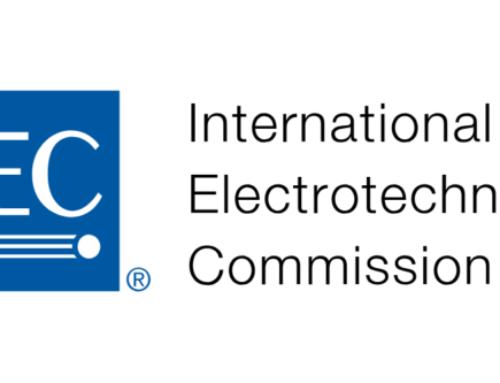On February 10, the National Development and Reform Commission (NDRC) and the National Energy Administration (NEA) issued the Opinions on Improving Systems, Mechanisms and Policy Measures for the Green and Low Carbon Energy Transition (hereinafter referred to as the Opinions).
In order to promote green and low-carbon energy development during the 14th Five-Year period (2021-2025), the Opinions propose the establishment of an institutional framework fully integrating policy, standards, market, and supervision; as well as a promotion system for green and low-carbon energy transition, led by the “double control of energy consumption” (refer to the governmental control over the total amount as well as the intensity of the energy consumption) and the non-fossil energy target system. By 2030, it is expected that a complete basic institutional system and policy system for green and low-carbon energy development will have been basically established. Under the guidance of the policy and relevant institutions, a new energy production and consumption pattern will be formed in which non-fossil energy can basically meet both the increase in energy demand and replace fossil energy stocks on a large scale; this will lead to a comprehensive enhancement of China’s capacity to ensure energy security.
The Opinions highlight that efforts should be made to build an energy supply system dominated by clean and low-carbon energy. Especially in sandy desert, Gobi desert and other desert areas, the establishment of clean and low-carbon energy supply system shall start by intensifying the construction of large wind power and photovoltaic power generation bases, upgrading and renovating existing coal-fired power generating units, exploring the establishment of a system for coordinating the transmission of new energy electricity between the supplying and receiving ends, and supporting the construction, integration and development of new power bases dominated by clean and low-carbon energy. Furthermore, regarding the new power system, the Opinions emphasize the importance of strengthening top-level design, completing a market system which adapts to the new system, and establishing a unified national electric power market system. In turn, the establishment of the unified market system requires intensifying the construction of the power ancillary services market, promoting the pilot trial of power spot market in key regions, improving the coordination among power forward transaction, spot transaction and ancillary services transaction, exploring the transaction system of the capacity market, as well as deepening the reforms of key areas such as electricity transmission and distribution. In essence, the Opinions intend to promote the development of green and low-carbon power through a more central and active role of the market.
Finally, the Opinions propose to promote the construction of a unified green product certification and labeling system, establish a green energy consumption certification system, and encourage all kinds of social organizations to adopt certification results. Furthermore, the Opinions require the establishment of a promotion system for the electric energy substitution, and the strengthening of technical guidance on electric energy substitution by improving relevant standards. The Opinions are dedicated to improving and promoting the trading of Renewable Energy Certificates to promote green electricity consumption. According to the Opinions, the public is encouraged to give priority to the use of green energy and to the procurement of green products and services; among these, public institutions shall take the lead in green energy consumption. All regions should adopt standards of advanced energy efficiency and green energy consumption in light of their local conditions, vigorously promote energy conservation and green consumption, and carry out initiatives to promote green living. High-quality demonstration projects will be encouraged for green energy consumption in places where conditions allow, while energy conservation will be strongly encouraged and promoted across all sectors of society.




